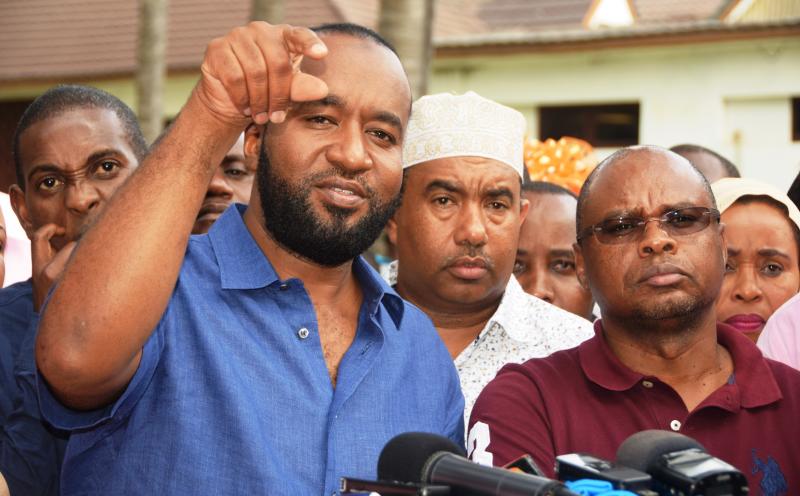×
The Standard e-Paper
Kenya’s Boldest Voice

In recent months Kilifi Governor Amason Kingi and his group of MPs have revived calls for a political party for the Coast region, raising questions about their real intentions.
While Kingi appears to be walking out of ODM, Mombasa Governor Hassan Joho appears reluctant to leave and believes he stands a good chance of leading one of Kenya’s largest political parties.